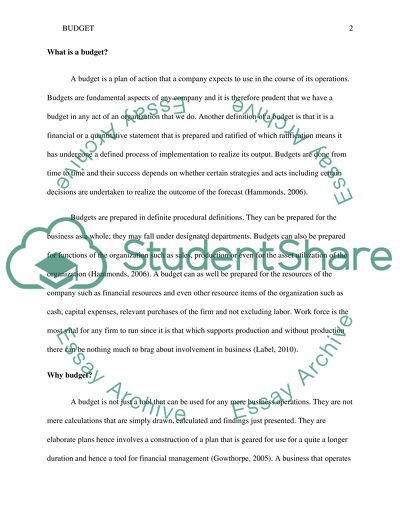Cite this document
(“Coursework on Budgets Example | Topics and Well Written Essays - 2000 words”, n.d.)
Coursework on Budgets Example | Topics and Well Written Essays - 2000 words. Retrieved from https://studentshare.org/finance-accounting/1440333-budgetswhat-is-a-budget
Coursework on Budgets Example | Topics and Well Written Essays - 2000 words. Retrieved from https://studentshare.org/finance-accounting/1440333-budgetswhat-is-a-budget
(Coursework on Budgets Example | Topics and Well Written Essays - 2000 Words)
Coursework on Budgets Example | Topics and Well Written Essays - 2000 Words. https://studentshare.org/finance-accounting/1440333-budgetswhat-is-a-budget.
Coursework on Budgets Example | Topics and Well Written Essays - 2000 Words. https://studentshare.org/finance-accounting/1440333-budgetswhat-is-a-budget.
“Coursework on Budgets Example | Topics and Well Written Essays - 2000 Words”, n.d. https://studentshare.org/finance-accounting/1440333-budgetswhat-is-a-budget.


